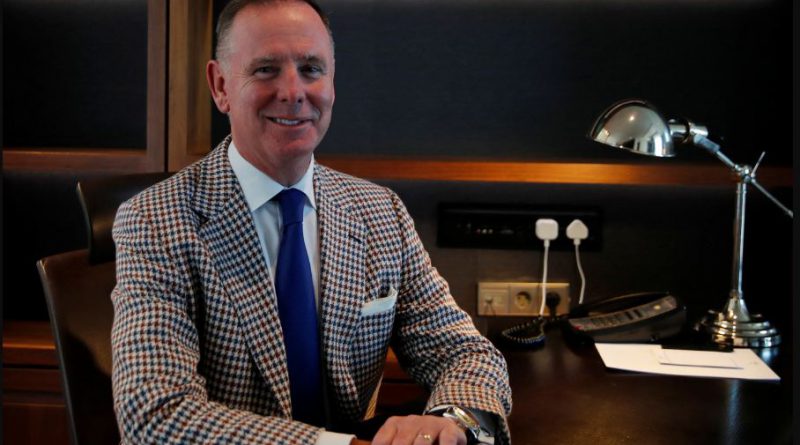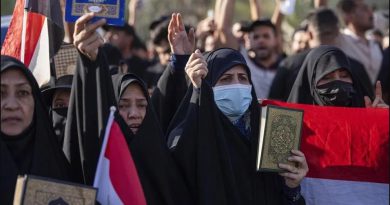Startup Riyadh Air plans trio of new plane orders -CEO
Istanbul (Reuters) – Saudi Arabia’s new airline Riyadh Air is in the midst of a three-part inaugural fleet acquisition including ongoing talks with Airbus (AIR.PA) and Boeing (BA.N) to buy a significant number of narrow-body jets, Chief Executive Tony Douglas said.
The creation of a second Saudi national airline, with industry veteran Douglas as its CEO, was announced alongside an order for up to 72 Boeing 787s in March, as the kingdom moves to diversify its economy and serve over 100 destinations by 2030.
Interviewed on the sidelines of a global airlines meeting in Istanbul, Douglas declined to give the size of the planned follow-up order for narrowbody jets, but told Reuters: “It’s not going to be insignificant by any stretch of the imagination.”
He added: “That might not be our last order either”.
Bloomberg News reported last week that Boeing was working on a deal to sell at least 150 Boeing 737 MAX jets to Riyadh Air.
Douglas said it was too early to decide the new order, which would be finalised after this year’s Paris Airshow but before next year’s Farnborough event in Britain – a window that appears to leave room for an announcement at November’s Dubai Airshow.
The launch of a new airline is seen as a showcase for Saudi Arabia’s Vision 2030 plan to diversify from oil by fostering new industries that generate jobs and lure foreign capital.
The new airline will start operations two years from now in the capital Riyadh, while Saudia is based out of Jeddah.
Douglas denied reports that Riyadh Air aimed to compete for connector traffic with Gulf Airways heavyweights Qatar Airways, Emirates or Etihad, where he previously served as CEO.
Not Rivals
“We are not here to set up a rival to anybody else. We are here to serve the kingdom and its population, to give them connectivity to the world (and) support the second-fastest- growing economy,” he said.
He said all major European and Asian capitals as well as main North American cities would be on the network. Narrowbody jets would focus on the Indian subcontinent and Gulf region.
Boeing’s clean sweep of the lucrative Saudi widebody order – involving planes for both Riyadh Air and Jeddah-based Saudia – was a blow for Airbus which as recently as late last year had widely been seen as likely to win at least part of the deal.
European industry officials alleged political pressure from the United States, noting head of state involvement in previous large-scale plane negotiations, while some analysts said it pointed to a greater U.S. presence in the region.
Douglas denied that politics had played any part, however.
“Absolutely not, there was no way I was going to split the fleet,” he said.
Douglas was speaking on the sidelines of the annual meeting of the International Air Transport Association, a gathering of 300 airlines that he described as “speed-dating” among carriers expiring business ties or talking to suppliers.
Asked what partnerships or alliances Riyadh Air would envisage, Douglas said he was having discussions about codeshares.
“Most successful airlines have an extended network through really great partnerships … One of the many reasons why we’re engaging with our colleagues here at IATA is to start that particular dialogue.”
Qatar Airways Chief Executive Akbar Al Baker said last month he was excited for the launch of Riyadh Air and that a codeshare or technical co-operation was possible.
“There is a lot of business around for everybody,” he said.



